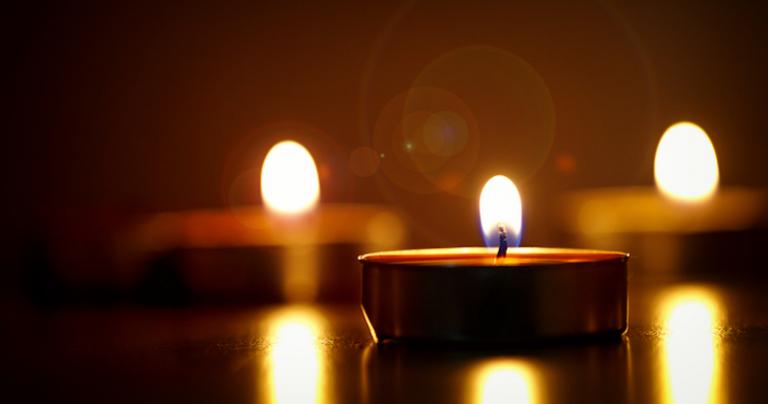
Thomas Merton entered a Cistercian monastery, learned how to pray, and soon alienated some of his brothers by not so gently informing them that they were introverts, not contemplatives.
They were kinda contemplative.
Even Merton himself was hesitant to use the word “contemplative” as a label for himself. He viewed his role in contemplative prayer as quieting himself so that God could become his all in all. Contemplation is the presence of God in his people. It is a prayer of the heart brought about by God that transcends words or human effort.
Using the word “contemplative” as a label for a group of people can create confusion since it’s a gift received, not a defining act one commits in learning how to pray.
And yet, people who practice contemplative prayer refer to Merton as a “contemplative” and a “contemplative writer.” If he’s not that, what else could we call him?
Perhaps we could say that he was “kinda contemplative,” fully committed to the cultivation of the contemplative life, but shy about attaching that label to himself.
As we carry this word “contemplative” outside the ranks of the monasteries, convents, and retreat centers, many wonder if they dare to call themselves “contemplatives” when considering how to pray. Is that word reserved for those who can devout long stretches of time to silent prayer, waiting patiently for God to be revealed in their souls?
For those of us who spend our days with kids who leap off the couches when we seek a quiet moment, who call out to God in the school pickup line, who seek solace in a Psalm while in the doctor’s waiting room, who face the constant temptation of appealing smartphone apps, or who seek a moment of silence before God while taking a walk over a lunch break, dare we call ourselves contemplatives?
We may struggle to find time for silence before God, our attention may be fleeting, and our distractions are surely beyond number.
Perhaps those of us seeking the peace and love of God’s presence in spare moments of silence and attention each day can at least call ourselves “kinda contemplative.”
It is far better to begin imperfectly, to be “kinda contemplative,” than to have no silence, no centering, no attempts to reach God in the stillness of our souls.
My Master of Divinity Degree has been more helpful in identifying what I don’t need to do when it comes to figuring out how to pray. I’m not an expert in infused contemplation or a master of prayer, but I have devoted myself to cultivating this simple, soulful awareness of God each day.
Silent contemplation is a part of my morning, some days more than others. It’s also a part of my day as I drive around town to pick up my kids from school. It’s a practice I take with me when I wash the dishes or fold laundry in the evening.
I say that I’m leading a “kinda contemplative” life because I believe that silent, restful prayer is the heritage of every Christian, extending back to the desert fathers, and we’ll only begin to discover that birthright until we resolve to begin imperfectly.
This is an invitation to create more space for silence, for awareness of your thoughts, for centering on God’s love, and for discovering what God can cause to grow in your life if you participate in contemplative prayer, even if you’re only ever “kinda contemplative.”
Make Space to Pray Today
You can read more about my journey into contemplative prayer and my recovery from anxious Christianity in my newly revised and expanded book: Flee, Be Silent, Pray: Ancient Prayers for Anxious Christians













